Science Fiction's Reflection on Our Dismal Reality
Written on
The Dystopia We Live In
The striking opening scene of 1982's Blade Runner presents a chilling timestamp: “NOVEMBER, 2019.” Now that we’ve passed that date, one can’t help but feel a mix of confusion and disappointment. We inhabit a future that lacks the allure of science fiction; it’s simply disheartening.
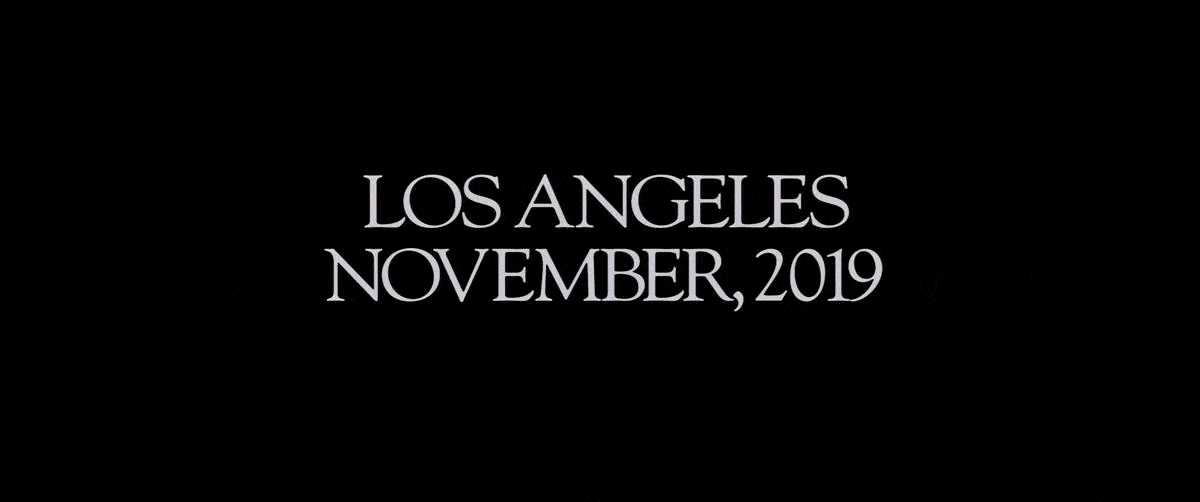
Science Fiction's Relevance
As we navigate through this envisioned future, traditional science fiction seems to lose its relevance. Consider Back to the Future II, which took place in 2015, or 2001: A Space Odyssey, set in its titular year. William Gibson, a prominent figure in the genre since the 1980s, has shifted his focus to the present. He remarked, “Without an understanding of how bizarre our current reality is, it becomes challenging to gauge how much stranger I should make my fictional worlds.”
He elaborated, “With each trilogy I write, I start by analyzing the level of chaos in the world today. I must then recalibrate my stories based on how chaotic and outlandish our reality truly is.” What’s astonishing about the future is its utter mundanity. We find ourselves in a troubled state, yet without the intrigue that should accompany such a narrative. A global pandemic unfolds, yet the powers that be remain indifferent.
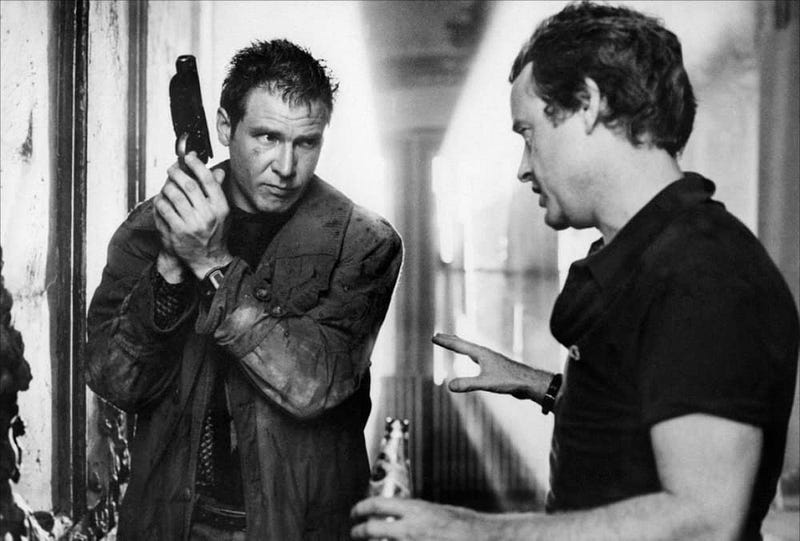
The Disappointment of Progress
Rather than the flying cars we imagined, we’ve ended up with electric vehicles. Instead of advanced robots, we are faced with uninspiring corporations that have existed for centuries. Even our cinematic remakes lack originality, as seen with the new Blade Runner 2049. We no longer seem invested in following this timeline; our aspirations have faded.
The New Science Fiction
Today, the truest form of science fiction is the realm of scientific inquiry. If we seek tales of dystopian futures, we can simply turn to numerous reports from the UN. Yet, rather than engaging with these reports, we often settle for reviews that allow us to appear knowledgeable.
When real-world crises emerge, they manifest as news stories, often depicted as foreign events unless they feature a recognizable protagonist. For instance, we see Leonardo DiCaprio flying to an iceberg to convey what indigenous communities have long understood. Meanwhile, David Attenborough highlights overpopulation as the culprit for our woes.
Science, often positioned as the hero in our narratives, can just as easily play the role of the villain. The extraction of fossil fuels relies on geology, physics, and chemistry—elements of science. For every researcher advocating for change, there are countless others more focused on optimizing extraction methods.
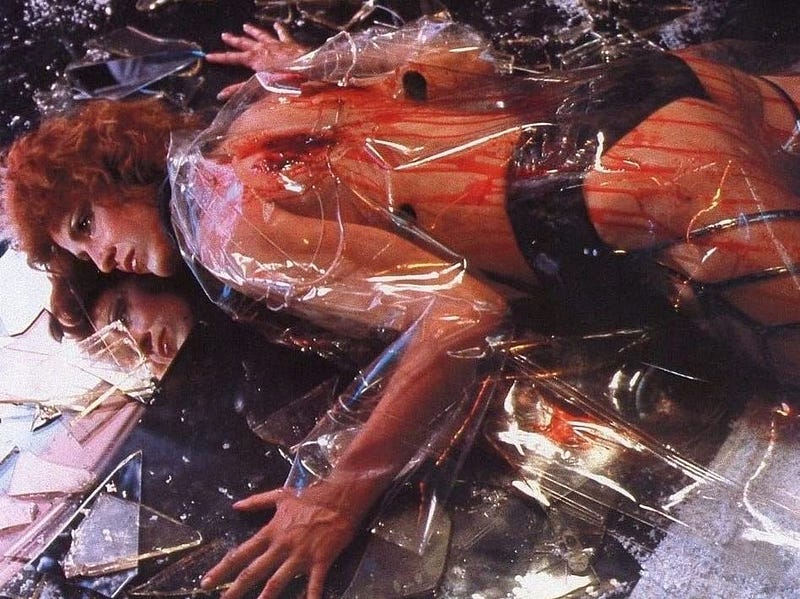
The Intersection of Science and Empire
Much like the plot of Blade Runner, we find ourselves entangled with the antagonists, desperately seeking an escape. The emotional weight captured by science fiction often resonates more profoundly than any scientific report. A significant emotion portrayed in Blade Runner is the feeling of helplessness prevalent among individuals.
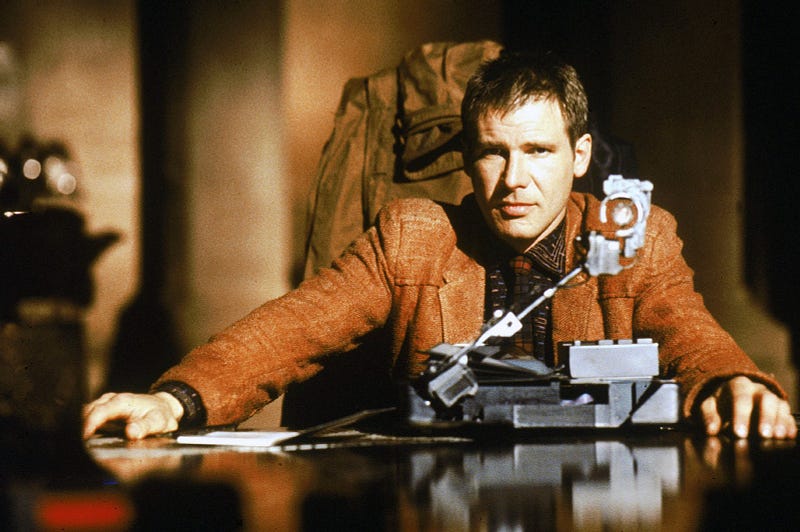
In the film, protagonist Deckard grapples with his powerlessness in an unforgiving world. His existence is bleak, with only fleeting pleasures to distract him. His ability to confront the powerful is overshadowed by their overwhelming influence.
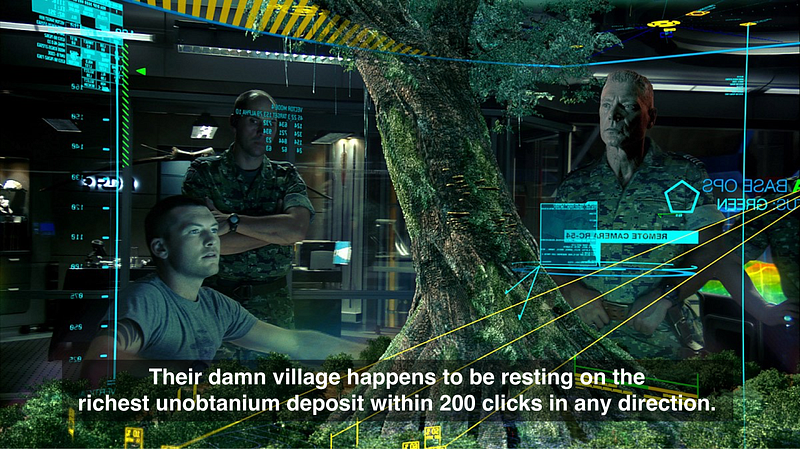
The Choices We Face
Ultimately, Deckard can only find solace in fleeting relationships and the urge to escape, reflecting the limited choices available to us today. Despite scientific warnings about the dwindling time to act, meaningful action remains elusive. Only a few nations, like China, show any commitment to addressing climate change, while indigenous defenders face violent pushback.
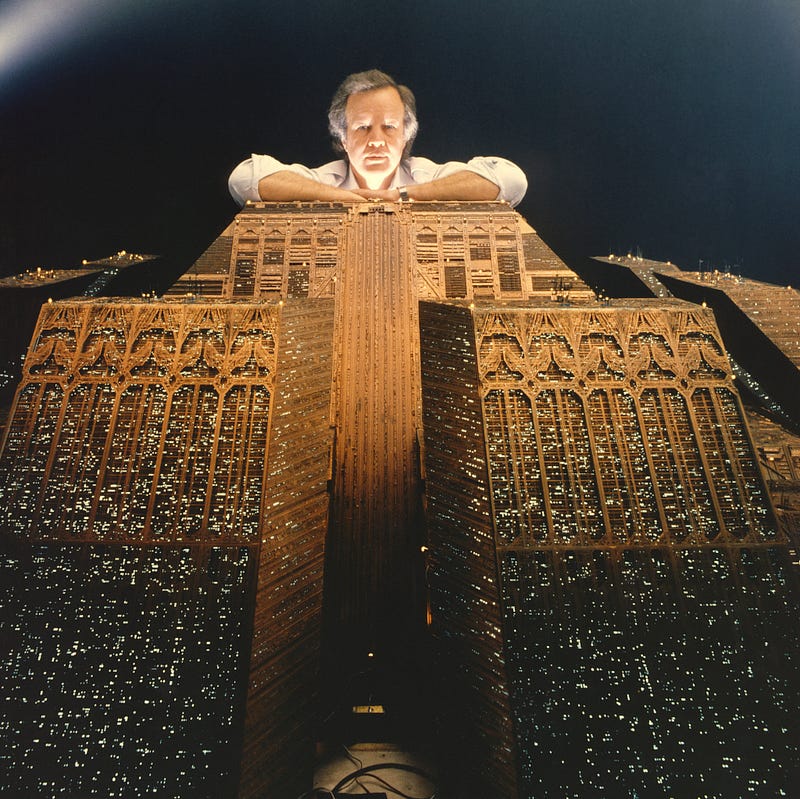
The stark truth is that our reality mirrors the chaos and inequality depicted in Blade Runner, but without the glamour of a cinematic backdrop. Instead of vibrant neon cityscapes, we consume meals in solitude from plastic containers. We inhabit a future that feels bland and uninspired, overshadowed by the more vivid dystopias we’ve witnessed onscreen.
The Final Reflection
As replicant Roy Batty poignantly states, “I’ve seen things you people wouldn’t believe… Attack ships on fire off the shoulder of Orion… I watched C-beams glitter in the dark near the Tannhäuser Gate. All those moments will be lost in time, like tears in rain… Time to die.”
This moment serves as a reminder that even within our despair, we can draw lessons from both science and science fiction. Yet, much like Batty’s reflections, those lessons risk fading away, leaving us in a world that feels increasingly hopeless.